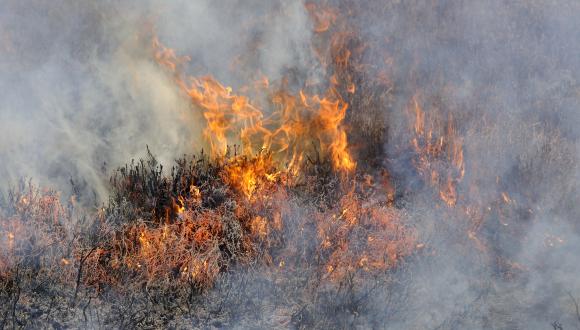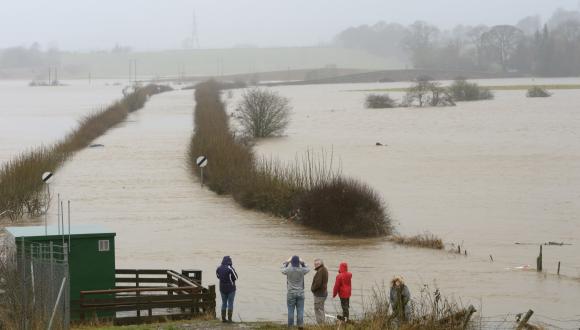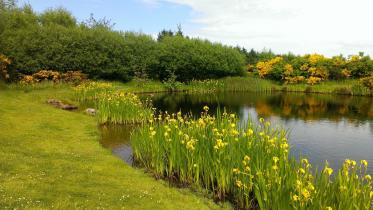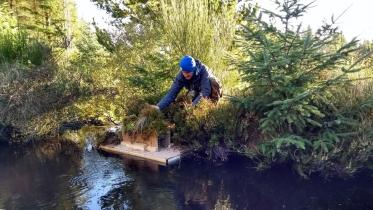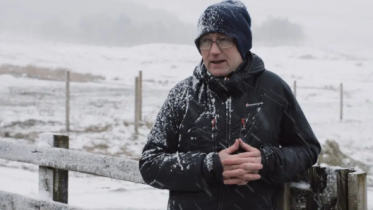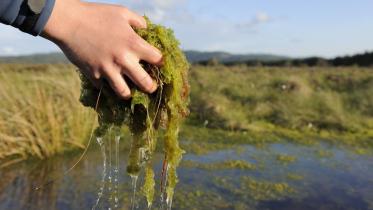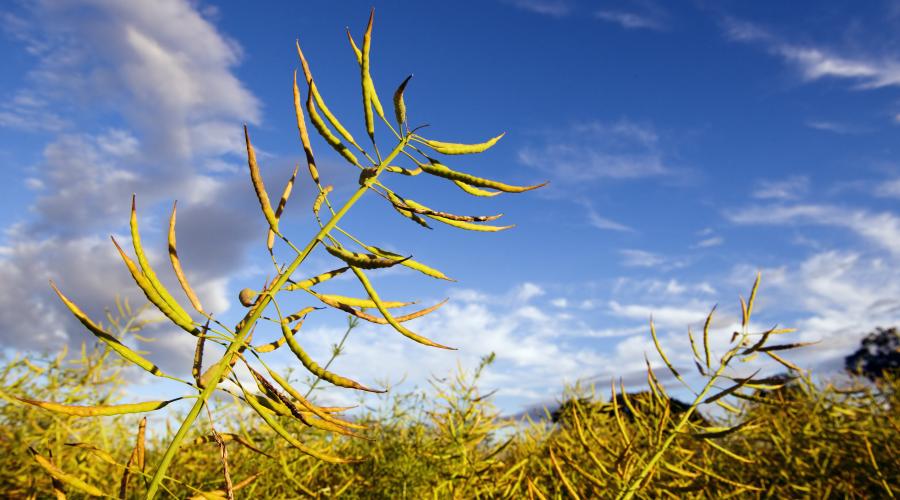
Farming and climate change
Farming is so closely linked to natural processes, climate change is expected to severely challenge all types of Scottish agriculture.
Changes in temperature and rainfall are already affecting farming businesses, and over time, will alter the patterns of Scotland’s agricultural land uses. This could put at risk our farm wildlife and valued landscapes. The way the land is managed has implications for the capacity of society at large to adapt to climate change. Farming is closely linked to natural processes, and working with nature can help the agricultural sector cope with some of the impacts of climate change.
Agriculture also contributes to climate change, and has a role to play in reducing its greenhouse gas emissions. Livestock emissions, animal waste and fertilisers are the main sources of greenhouse gas emissions in agriculture.
A range of measures are available that can help farmers reduce emissions and sequester carbon on their farms. These can involve the use of new technologies, changes in management and trees on farms.
NatureScot’s role on climate change is described in our climate change action plan, Climate Change and Nature of Scotland
